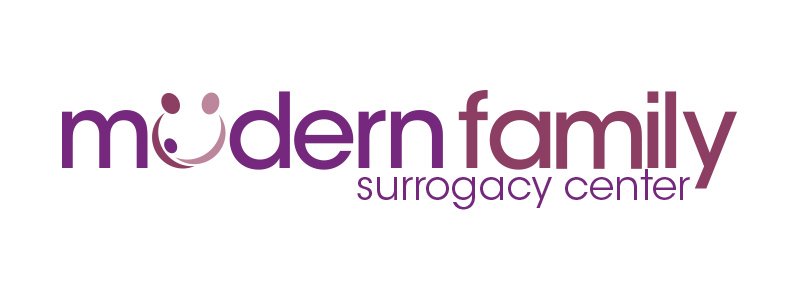The Ethical Issues of Surrogacy
For many people, having a child is the ultimate dream. Sharing their love and raising a family can truly make their lifetime picture complete. Unfortunately, though, for some, the inability to have children can be extremely heartbreaking and devastating to their future plans.
The good news is that by using the services of a surrogate mother, these couples and individuals can still have the children that they desire, oftentimes with gene characteristics from one or both parents.
What is Involved with Surrogacy?
In its most basic sense, a surrogate mother is used for the purpose of carrying and giving birth to a child for another person or couple when these individuals are unable to conceive and/or carry a child on their own in the natural manner.
There are a number of both medical and legal issues that are associated with the concept of surrogacy. These tend to be complex on many levels, with one key issue being the legality of the surrogacy process, which varies a great deal from one country to another.
In addition to ensuring that the surrogacy process is being carried out in a safe and legal manner, there are also a number of different ethical issues that are – or should be – considered by the biological parent or parents and the surrogate mother prior to initiating the process.
The Ethical Issues that are Pertinent in the Surrogacy Process
While there are many religious organizations that frown upon the process of surrogacy, this concept is oftentimes the only option for some individuals to start a family. It is for this reason that some highly controversial and key ethical issues be addressed.
Attachment with the Gestational Mother – In a surrogate situation, the gestational mother is the woman who carries the baby to term. This can be a very taxing process both physically and emotionally – and unique in that after the surrogate mother physically carries the baby throughout the pregnancy, she needs to physically and emotionally detach herself from the child once it is born.
Involvement with the Gestational Mother – Because the gestational mother will not likely be the child's primary caretaker, there could be legal questions that arise in terms of what – if any – involvement she will have with the child once born.
Identity of the Child – There are also ethical considerations that are brought to mind in terms of informing the child of his or her surrogate mother, as doing so may have an effect on the child's self-identity.
In addition to the above issues, there is also the factor of surrogate mother compensation. It is typically expected that the intended parents of the child will reimburse the surrogate mother for her medical and other related expenses. This can include a dollar amount for her hospitalization as well as incidentals such as her maternity clothing, meals, and other similar costs that she may be out during her time of pregnancy.
There are also surrogate situations where the individual or couple who are the intended parents will pay a fee to the surrogate mother for carrying their baby. With this in mind, it is thought by some that surrogacy could be thought of as being a luxury that is only available to the wealthy – and in some cases it could even be thought of as pregnancy-for-hire.
In any case, however, the process that allows for a loving individual or parents to have a child of their own can allow intended parents to follow through on their intentions of starting a family, regardless of any medical or other factors that would otherwise prevent them from being able to do so.
